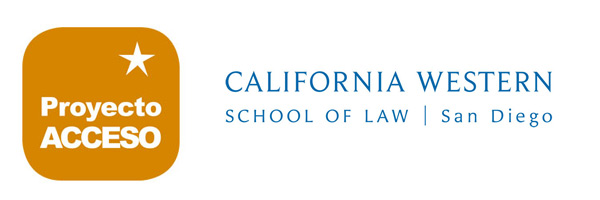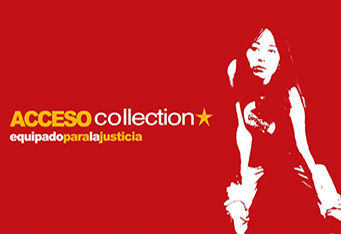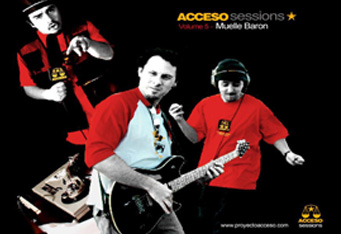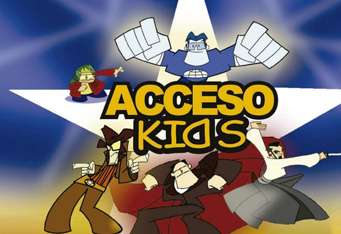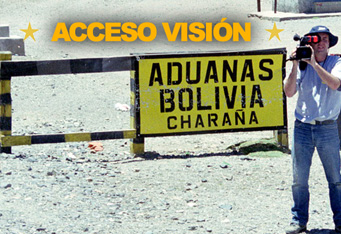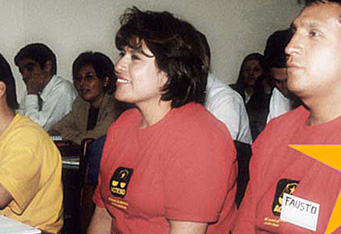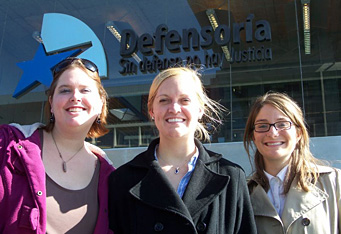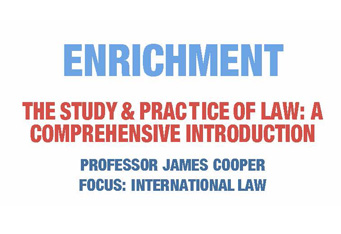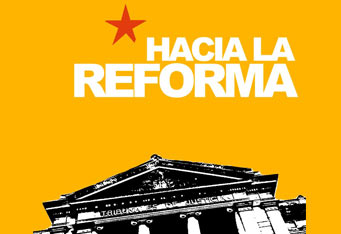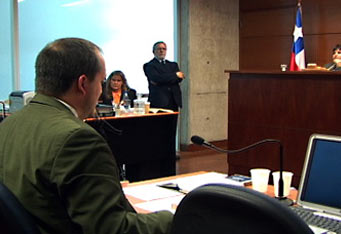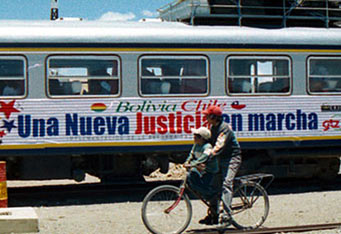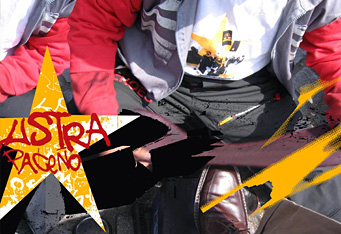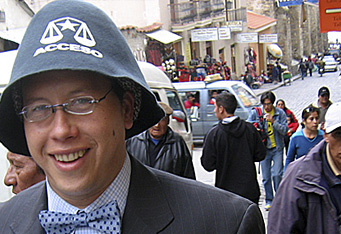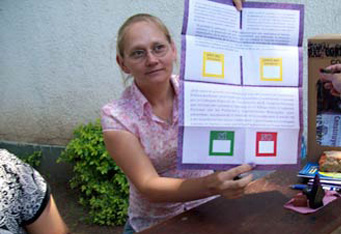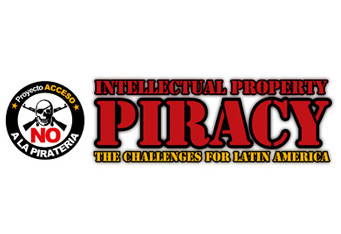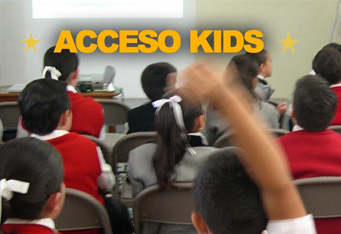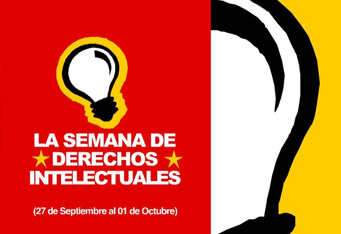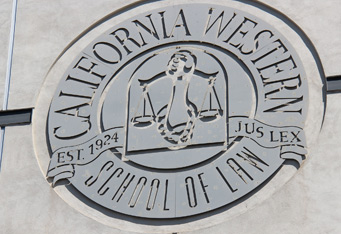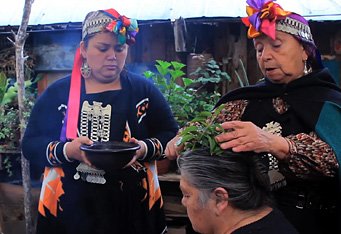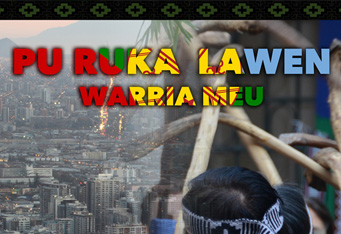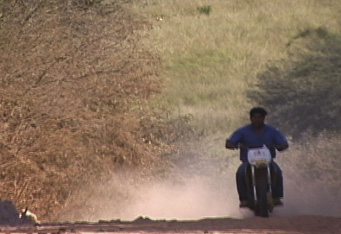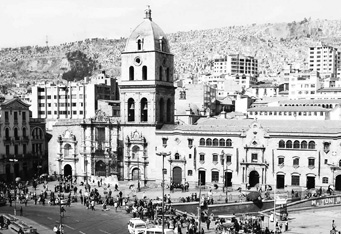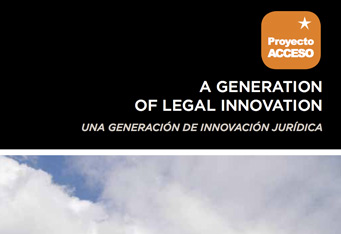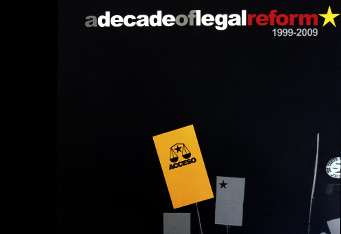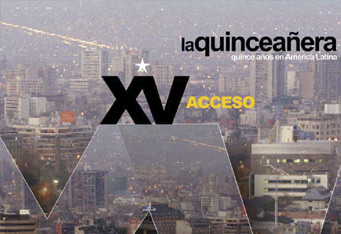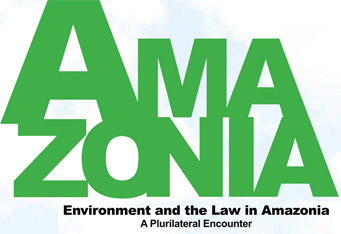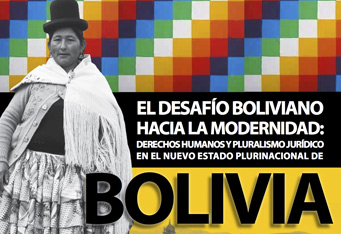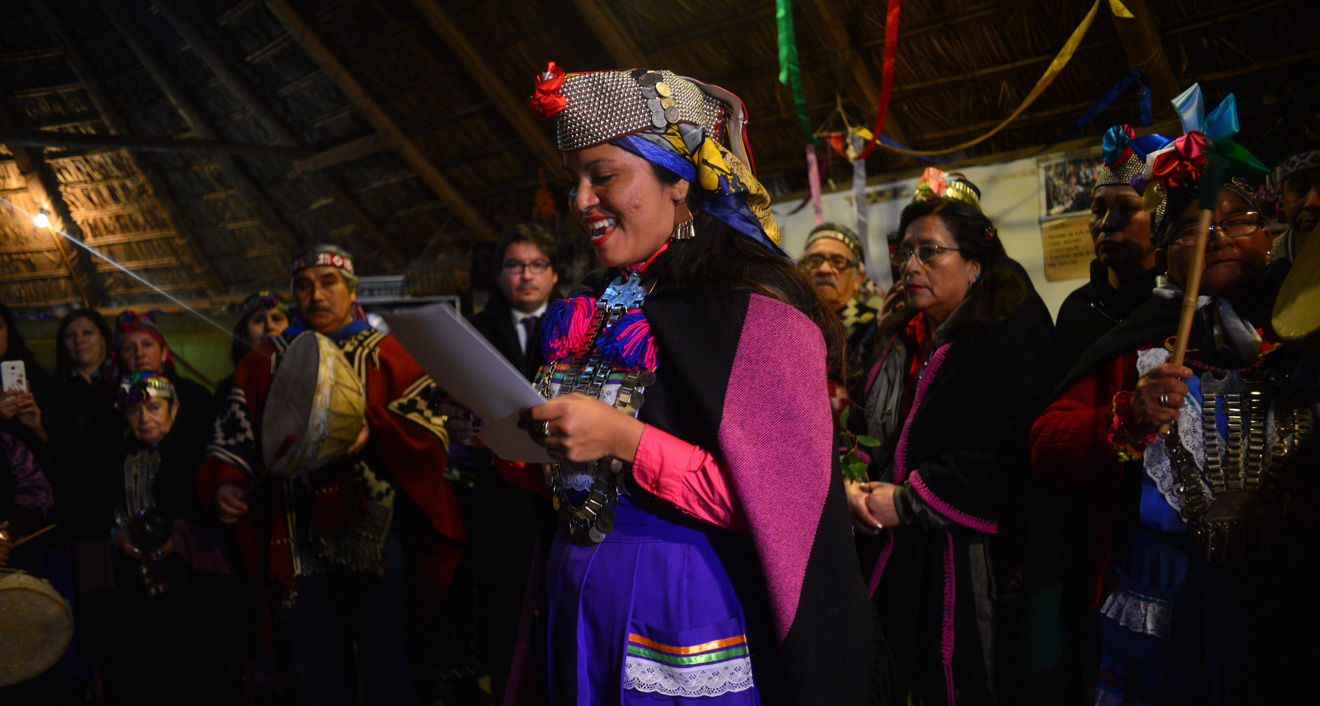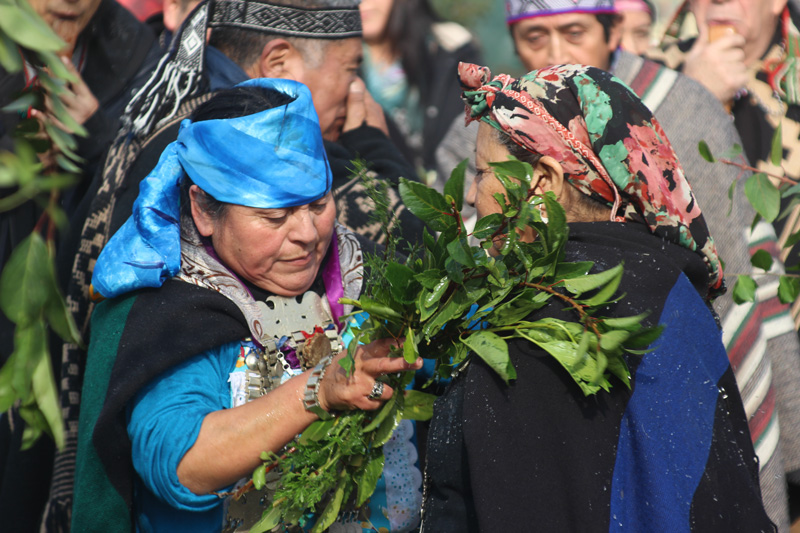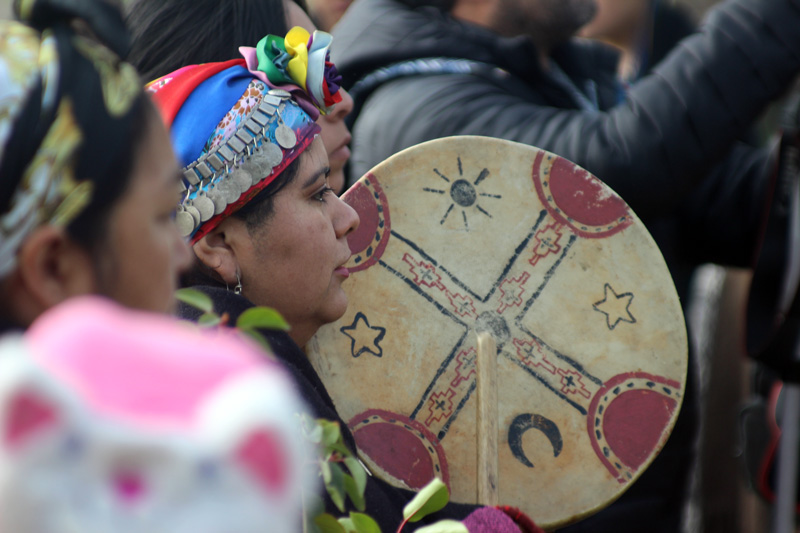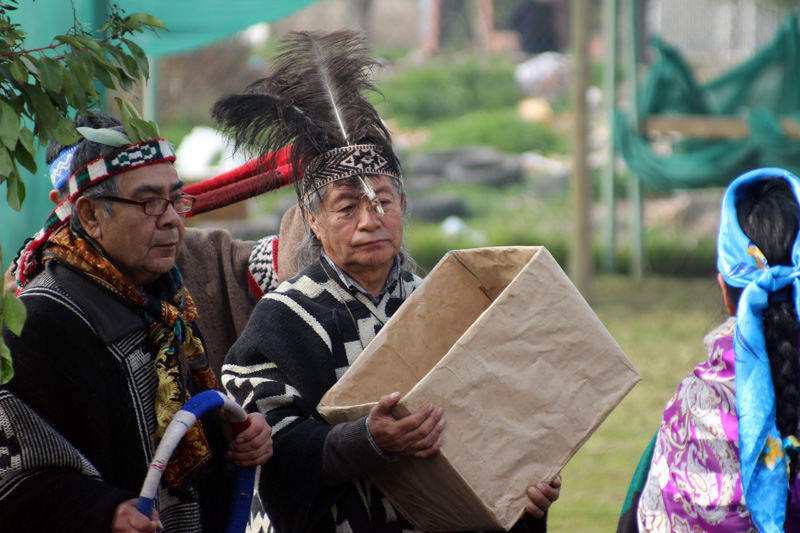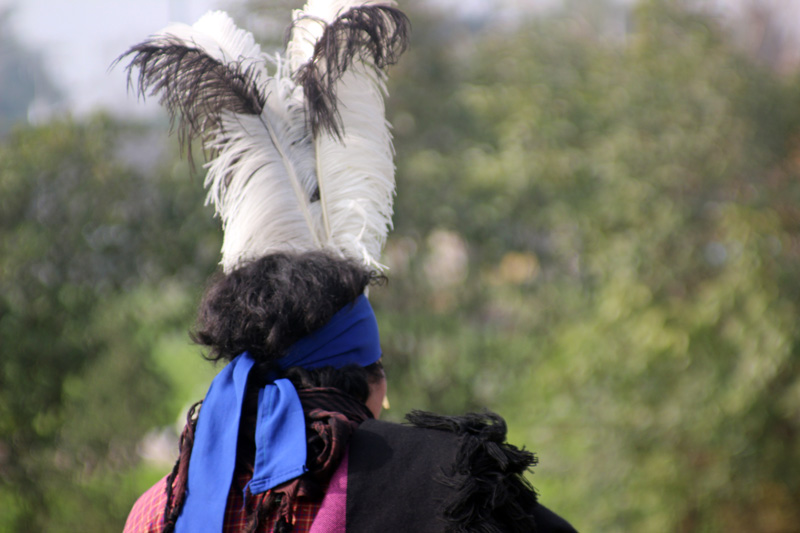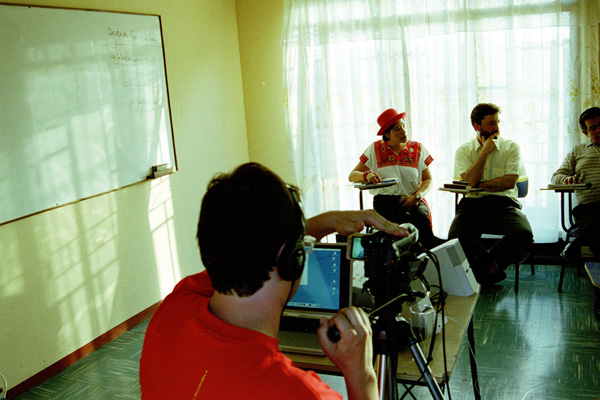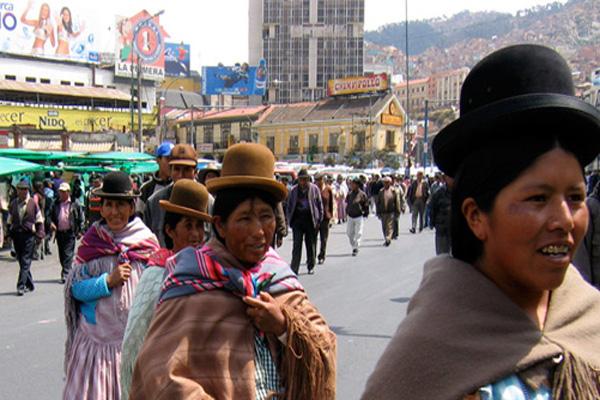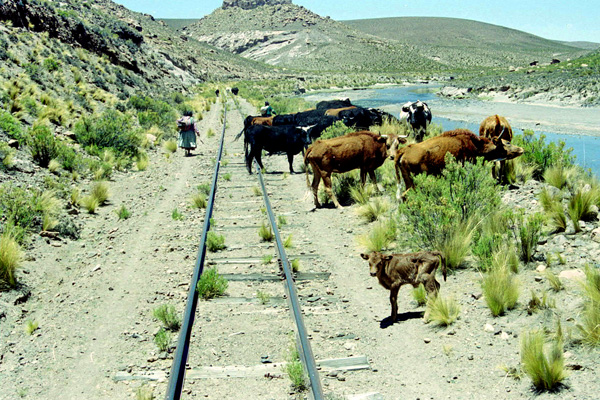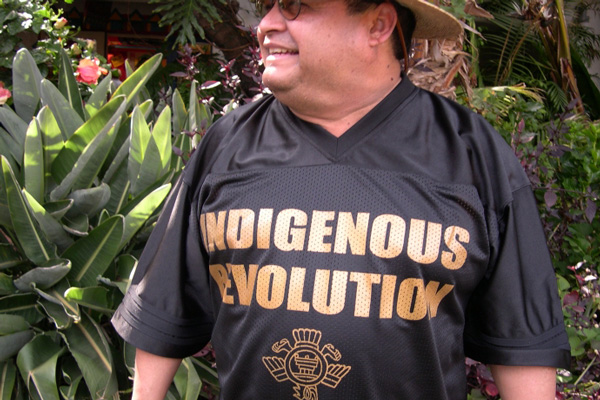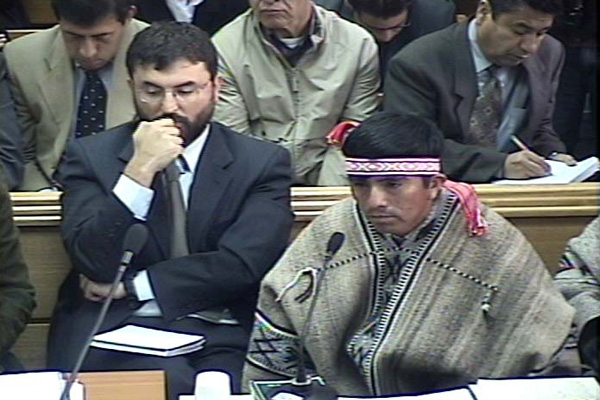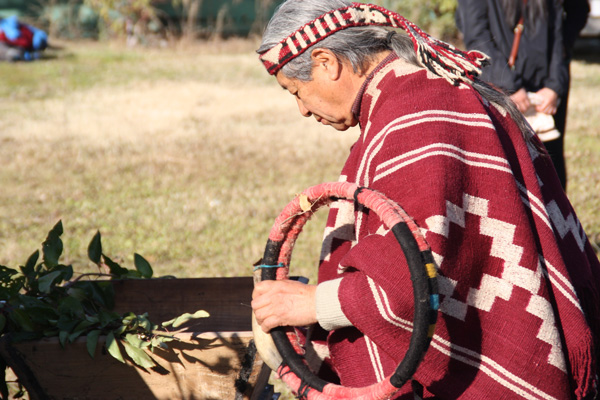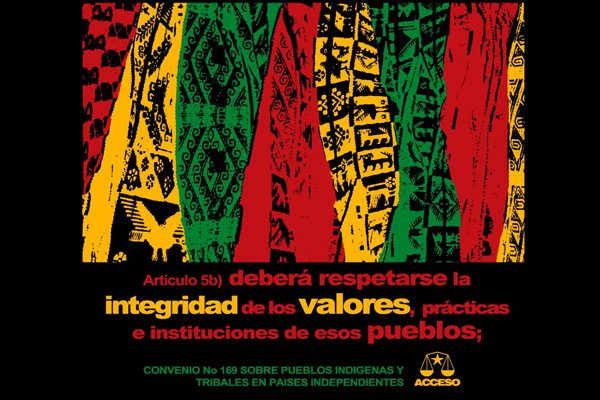Indigenous Justice
One of the by-products of globalization is the renewal of traditional justice procedures that are now being implemented in rural parts of Colombia, Chile, Guatemala, and Mexico. Whether you can these problem-solving mechanisms Yam Che, Cosmovision, Usos y Costumbres or la Ley Comunitaria, these ancient processes are being re-applied in areas where the state has failed to provide adequate courts for dispute resolution.
Nowhere is this more pronounced than in Bolivia where a rollout of a traditional justice system is underway, providing some self-determination and autonomous application of Indigenous community norms.
That this all may end up sacrificing the protection of some human rights is not lost on the academic community. Please see Professor James Cooper's article on the subject from the 2018 Washington University Global Studies Law Review.
Ley comunitaria - community law
ACCESO's relationships with a wide range of indigenous groups including the Guarani, Aymara, Mapuche and Quechua have built on our work in the Southern Cone on indigenous legal defense programs over the decade.
ACCESO trained the team of public defenders who successfully defended the Mapuche leaders in an internationally followed trial.
We created a legal clinic to mediate disputes in Temuco, the capital of the IX Region of Chile.
For years we have worked from La Paz, Bolivia to Arica, Chile with Aymara leaders in community building and problem-solving efforts. Our work in partnership with a number of local authorities, non-governmental organizations, indigenous solidarity groups, foreign governments, regional institutions, and international aid agencies throughout the region have provided educational tools to indigenous communities to train their future advocates.
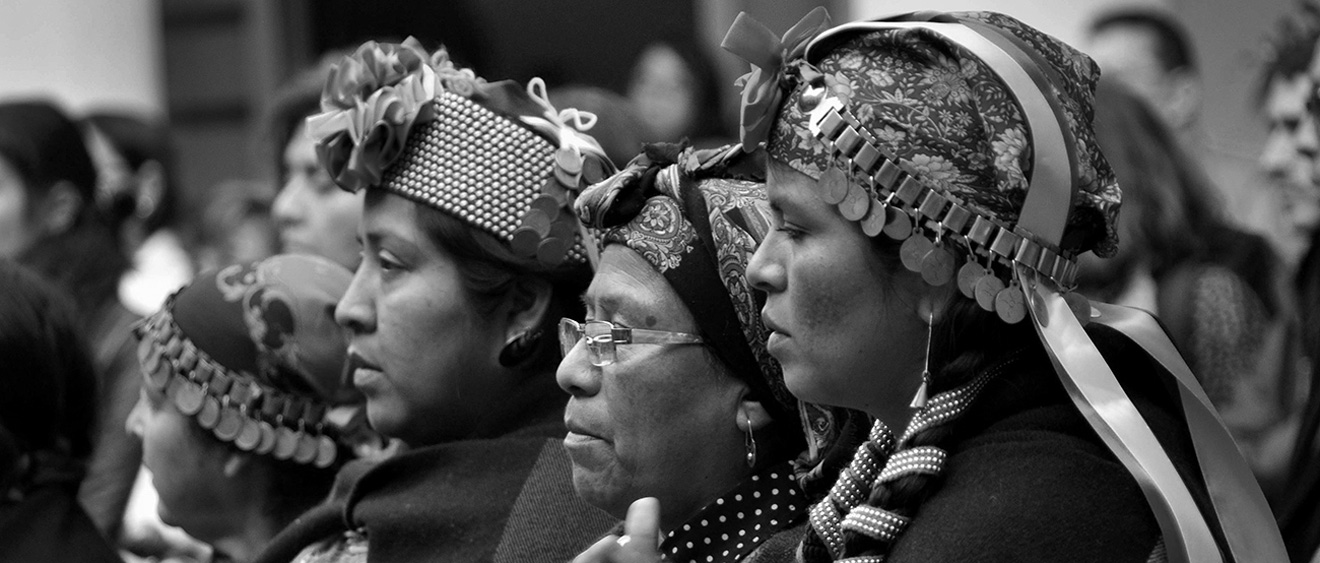
ACCESO Indigena assists the Bolivian peoples - 80 percent of whom identify themselves as indigenous - by undertaking a cultural translation of the problem-solving mechanisms of indigenous peoples, and creating training programs for the administrators of the community justice programs.
We are studying the application of indigenous justice and are working with local indigenous leaders and the Association of Municipal Governments to develop models for the management of indigenous justice.
We have worked with the Government of Bolivia's TV Congreso (a part of the Vice-Presidency of Bolivia), launched a website that offers educational opportunities throughout the Andean region, and developed an interactive DVD and public education materials and a public service announcement for REPAC, the President's Representative to the Constituent Assembly negotiations, which produced the New Political Constitution of the State of Bolivia. In short, Proyecto ACCESO has been researching and assisting in the re-employment of traditional problem-solving mechanisms in the judicial reform process.
By combining respect for their ancient cultures, languages and traditions with the integration of current judicial reform, we shall continue to empower the Bolivia's indigenous peoples while still protecting due process and other fundamental human rights.
With ACCESO Indigena, we are exploring the ways in which Latin America has experimented with horizontal justice principles. We will continue to explore existing problem-solving courts and other diversion programs, often as a result of and in spite of institutional neglect, and develop a best practices manual for their management and institutionalization.
In short, a series of models must be engineered, tested - and above all - replicated where appropriate. Our Indigenous Project will undertake this as part of its program in shepherding and empowering judicial innovation in selected targets throughout Latin America.
Please see Professor James Cooper's article on the subject from the 2018 Washington University Global Studies Law Review.
